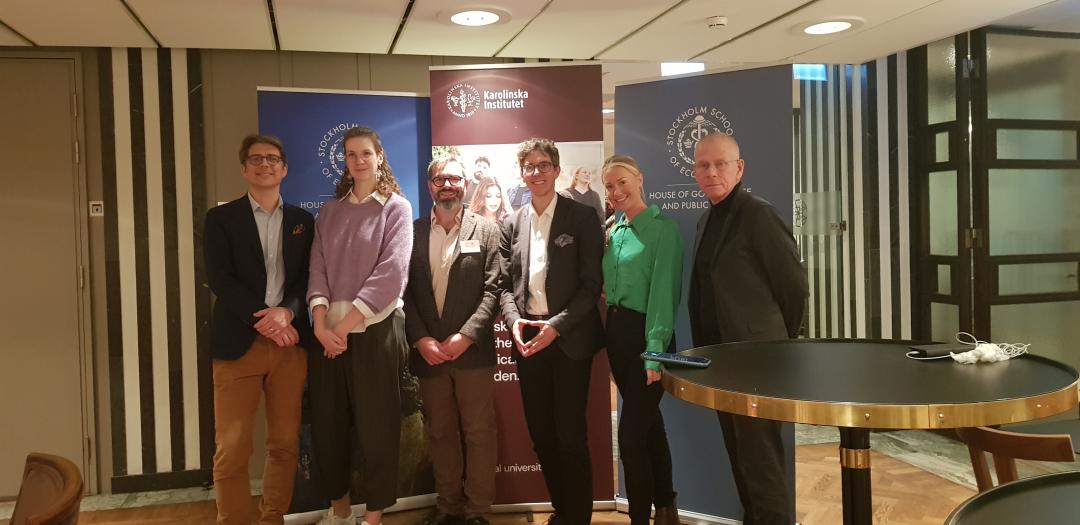About Us
The Partnership for International Politics and Diplomacy for Health is jointly hosted and managed by the Department of Global Public Health at Karolinska Institutet and the House of Governance and Public Policy at the Stockholm School of Economics.
There are four complementary components of our work
| Components | Goal | Key Benefits |
|---|---|---|
| Executive Program | Equip future health diplomats | Building competencies, networking opportunities |
| Health Diplomacy Institutional Network | Foster collaboration among academic institutions | Access to research, best practices, and networking |
| Research and Evidence | Identify and fill knowledge gaps in health diplomacy | Insights for future leaders, strengthened collaborations |
| Paradigm Shifts for Global Health | Analyse and share insights on the evolving global health ecosystem | Contribute to ongoing global health reform processes |
Karolinska Institutet, Department of Global Public Health. Karolinska Institutet is one of the world’s leading medical universities, with a vision to advance knowledge about life and strive towards better health for all. Karolinska Institutet accounts for the single largest share of all academic medical research conducted in Sweden and offers the country’s broadest range of education in medicine and health sciences. The Nobel Assembly at Karolinska Institutet selects the Nobel laureates in Physiology or Medicine.
The Department of Global Public Health is a multidisciplinary department that aims to advance knowledge about challenges to and opportunities for public health in within local, national, and global settings. This includes studying how societal phenomena affect health in a globalized world and translating research evidence into public health action. https://ki.se/en/gph
The Centre of Excellence for Sustainable Health (CESH) is a collaboration between KI and Makerere University in Uganda. The aim is to develop capacity and mobilise actions towards achieving sustainable health, in accordance with the United Nations' Agenda 2030. https://ki.se/en/collaboration/international-collaboration/collaboration-networks/centre-of-excellence-for-sustainable-health
Stockholm School of Economics’ (SSE) House of Governance and Public Policy SSE’s House of Governance and Public Policy is a multidisciplinary institution with leading researchers and educators. They conduct cutting edge research and facilitate education on topics of high societal relevance, including professional development and capacity building within organizational and societal governance as well as the development of scientifically based public policy. https://www.hhs.se/en/research/research-houses/house-of-governance-and-public-policy/
The Centre for Resilient Health is a multidisciplinary research centre dedicated to advancing academic inquiry into the future of health, healthcare, and health policy. Its vision is to help drive positive change to healthcare for the betterment of communities worldwide. Connecting researchers across SSE’s academic departments as well as affiliated scholars from other universities, the center conducts research and provides education on innovation in health and healthcare, improved healthcare systems and policy, inclusive access to quality care, and a sustainable life science sector. https://www.hhs.se/en/research/centers/crh/
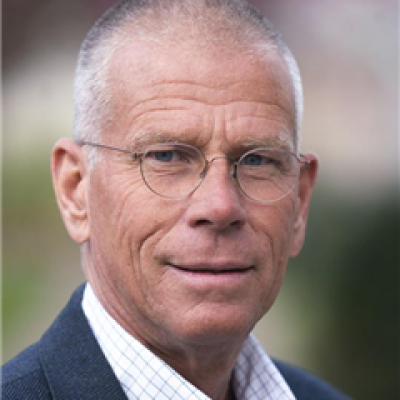
Program Director Anders Nordström
Politics & Diplomacy for Health, SSE/KI / ex- Ambassador for Global Health, Sweden / ex-WHO ADG, act-DG and WR / ex-Director General, Sida / ex- Interim Executive Director, GFATMDr. Anders Nordström has had a distinguished career in global health, having served as the Ambassador for Global Health for Sweden and the Acting Director-General of the World Health Organization (WHO). His work has significantly impacted global health policies and practices, including his involvement in establishing the Global Fund to Fight AIDS, Tuberculosis, and Malaria. Today, he continues to influence the field through board memberships and participation in advisory groups dedicated to health systems research and universal health advocacy.
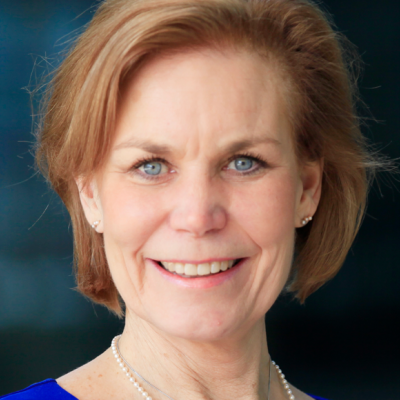
Program Co-Director Gunilla Carlsson
Politics & Diplomacy for Health, SSE/KI / ex- Minister for International Development Cooperation, Sweden / ex-Assistant Director General, UNAIDS / ex- member of EU ParliamentMs. Gunilla Carlsson has made significant contributions to global health and development, joining UNAIDS in 2018 as Deputy Executive Director and later serving as its Executive Director ad interim. Her political career includes representing Sweden in both national and European parliaments and serving as the Minister for International Development Cooperation. Carlsson has also played a vital role in shaping global sustainability and development policies, including her appointments to high-level United Nations panels focusing on sustainable development and the post-2015 development agenda.
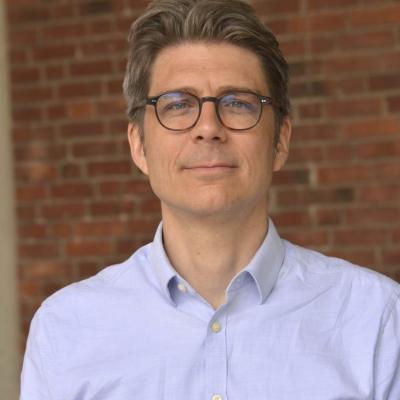
Professor Tobias Alfvén
Specialist Physician, Department of Global Public Health, Karolinska InstitutetProf. Tobias Alfvén leads the Global Child Health and Sustainable Development Goals team at the Department of Global Public Health, Karolinska Institutet. He also heads the research network in global health and infectious diseases at Sachs' Children & Youth Hospital. Additionally, he co-chairs the Centre of Excellence for Sustainable Health (CESH), a collaboration between Karolinska Institutet and Makerere University. Furthermore, he serves as the Chair of the Swedish Society of Medicine and the chair of Agenda for Health and Prosperity.
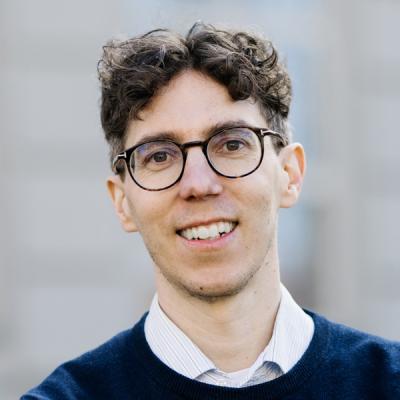
Professor Karl Wennberg
Scientific Director of House of Governance and Public Policy at the Stockholm School of EconomicsProf. Karl Wennberg holds the Barbara Bergström Chair in Educational Leadership and Excellence. His research focuses on the Economics of Education, Entrepreneurship, and Organization Theory. Currently, his work centers on organizational diversity, leadership, and the working environment in schools, particularly in the transformation of poorly functioning schools to more effective ones. He has lectured internationally and provided consultancy services for NGOs, governments, and private firms across Europe, Asia,
North America, and Australia.
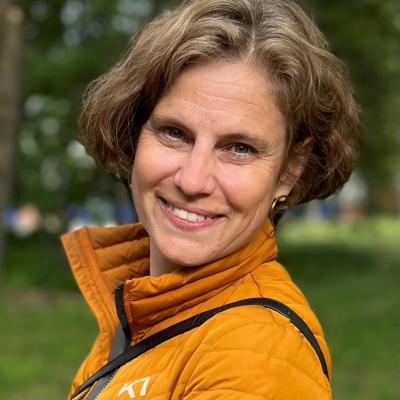
Nina Viberg
Associate Professor Nina Viberg is the focal point for The Global Health Diplomacy Institutional Network. She is a licensed pharmacist and holds a PhD in Medical Sciences. She serves as a researcher and teacher at the Department of Global Public Health and as a Project Coordinator at the Centre of Excellence for Sustainable Health at Karolinska Institutet (KI). Nina has extensive experience from the area of health policy and governance as well as evidence-based policy making. She has served at different levels of the Swedish health system including, the Swedish Association of Local Authorities and Regions (SALAR), The Swedish Agency for Health and Care Services Analysis, and the Ministry of Health. At the Ministry, Nina had the position of National Focal Point for antimicrobial resistance and of coordinator within the government offices of matters regarding vaccines against Covid-19.
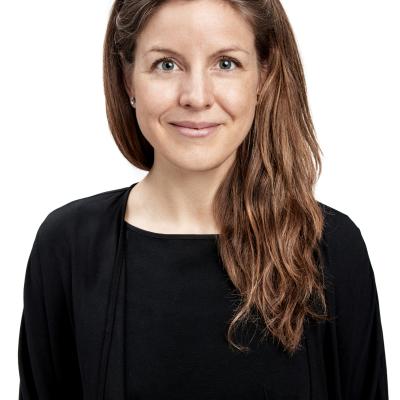
Louise Bengtsson
Dr Louise Bengtsson is the focal point for research related work for the Health Diplomacy Initiative and serves as the coordinator of the Lancet series on Diplomacy for Health. She holds a PhD in International Relations and is the Deputy Director of the Swedish Institute for European Policy Studies. Her research focuses on the EU’s health policy and role in global health, including critical perspectives on risk and health security. Louise was a visiting researcher at the University of Copenhagen and Jawaharlal Nehru University in New Delhi as well as at the European Centre for Disease Prevention and Control (ECDC) in Stockholm. Louise has also worked at the European Commission’s Directorate-General for Health and Food Safety, and at the Swedish Ministry of Foreign Affairs.
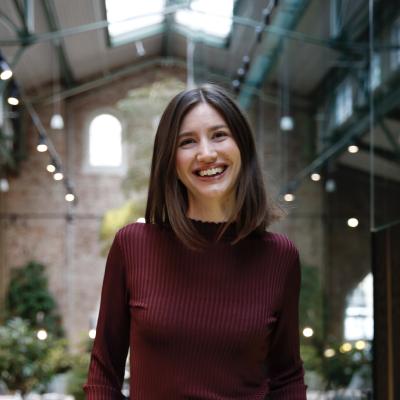
Clara Luthman
Project ManagerMs Clara Luthman previously served as Managing Director of the foundation Help to Help, where she was responsible for developing educational programs, fostering partnerships with the private sector, and leading the organization’s international team. She has also held positions at the Swedish Ministry for Foreign Affairs, the Public Health Agency of Sweden, and the Permanent Mission of Sweden to the United Nations in Geneva. Through these roles, she has gained extensive expertise in global health policy and diplomacy. Clara has a master’s degree in political science from Lund University.
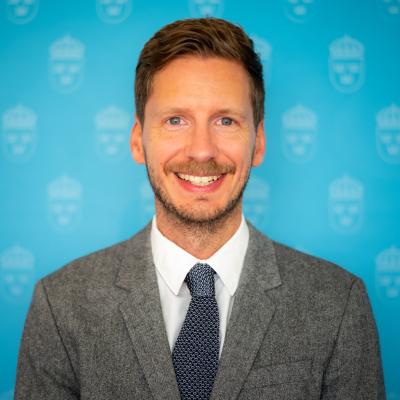
Martin Jeppsson Campana
Project ManagerMr Martin Jeppsson Campana was previously Counsellor for Health Affairs at the Permanent Mission of Sweden to the United Nations in Geneva, playing a fundamental role in Sweden's engagement in the WHO governing bodies, in intergovernmental negotiations and in establishing and maintaining relationships with WHO management and staff. Martin has also served as Sweden’s National Counterpart to WHO at the Ministry and Health and Social Affairs in Stockholm. He has a master’s degree in public administration from Stockholm University and has more than 15 years of experience as a civil servant in the Swedish Government.
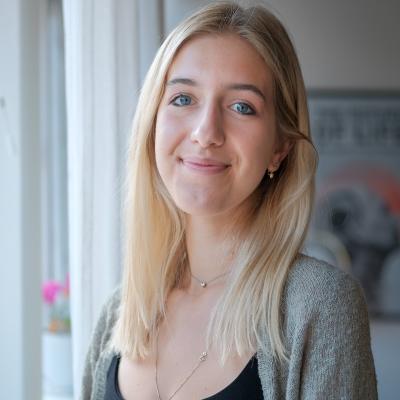
Filipa Alpeza
Ms Filipa Alpeza is a research assistant at Stockholm School of Economics. She holds a master's degree in Health Economics, Policy and Management from Karolinska Institutet.
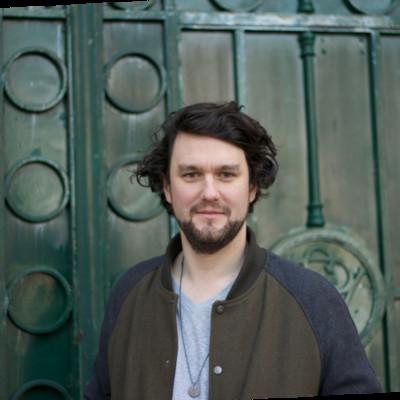
Henry Mark
Mr Henry Mark is an independent consultant with expertise in global health and international policy, most recently supporting the Independent Panel on Pandemic Preparedness and Response and Wilton Park, a UK Foreign Office executive agency.
henryemark@gmail.com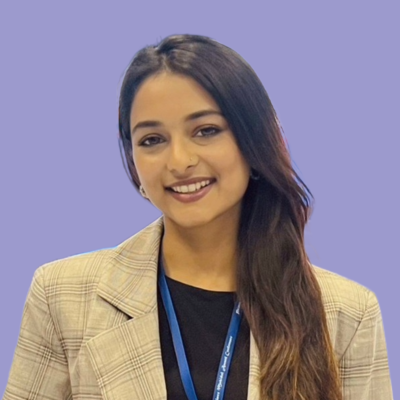
Divya Lakhotia
Ms Divya Lakhotia is a Project Assistant for the Health Diplomacy Institutional Network. She holds a Master’s Degree in Global Health from Karolinska Institutet. She also works as a Project Manager in Global Health in Thailand, with research and activities focused in the Asia Pacific region.
divya.lakhotia@stud.ki.seAnna-Lee Cöster Jansén
Administrative Support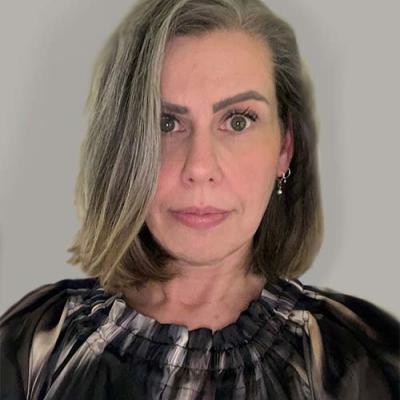
Petra Hellbom
Educational Technology Specialist
Erik Petterson
Project Coordinator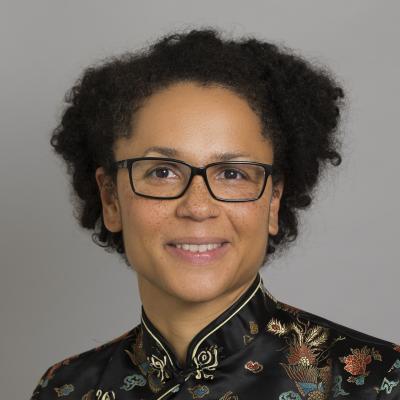
Michelle Azorbo
Communications Officer